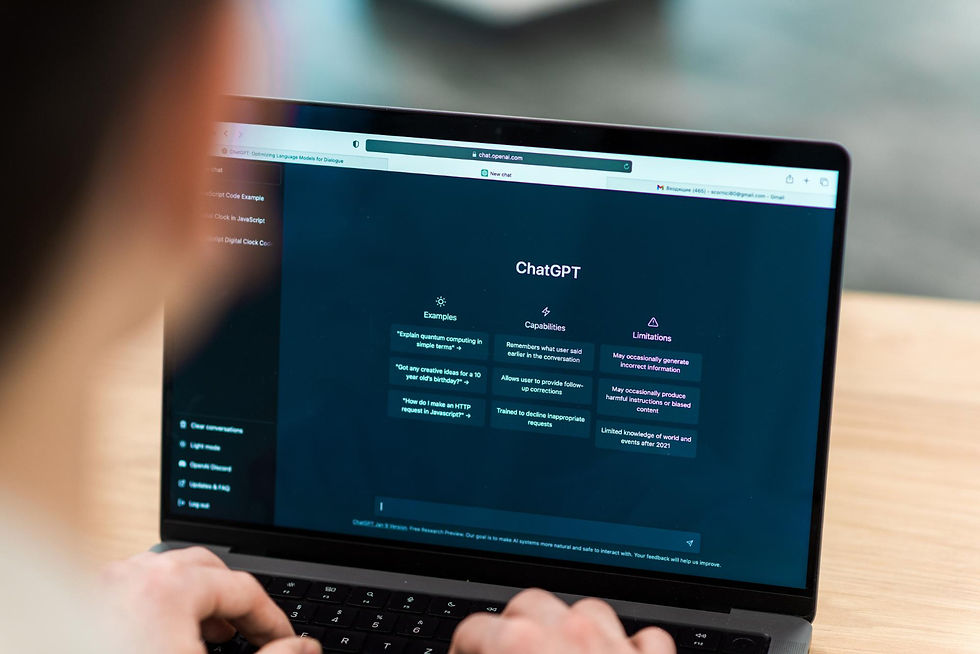Scroll, Post, Repeat: How Social Media Quietly Affects Your Mental Health
- Nov 14, 2025
- 2 min read

For many Filipinos, checking social media is as natural as breathing. Whether it’s scrolling through TikTok before bed, catching up on Facebook posts over lunch, or sharing an update on Instagram, our online lives are deeply woven into our daily routines.
But while social media keeps us connected, it also has a quiet way of affecting how we feel, often without us realizing it. Two habits can slowly take a toll on our mental health: doomscrolling and the pressure to look okay online.
The Trap of Doomscrolling

Have you ever found yourself scrolling late at night, jumping from one sad or stressful post to another? That’s doomscrolling, the tendency to consume endless negative content, even when it makes us feel worse.
Filipinos are especially prone to this, given how active we are online. With global events, political debates, and local “chismis” constantly flooding our feeds, it’s easy to get stuck in a loop of information overload. Over time, doomscrolling can lead to increased anxiety, irritability, and even poor sleep.
Try to be mindful of what you consume. If your feed feels like it’s adding stress rather than relief, it may be time to unfollow certain pages or limit your screen time before bed. Remember: your mental peace is worth more than keeping up with every trending topic.
The Pressure to Look Okay Online

On the other side of the screen is another quiet stressor, the need to appear happy, successful, or “aesthetic” online. Many Filipinos feel this pressure, especially when our feeds are filled with travel photos, career updates, and perfect-looking relationships.
But here’s the truth: social media is a highlight reel, not real life. People share their best moments, not their struggles. When we constantly compare ourselves to these snapshots, it can lead to feelings of inadequacy, insecurity, and even depression.
It’s okay to step back. You don’t need to post your achievements to prove your worth, nor do you have to pretend everything’s fine when it’s not. Authenticity — even in small ways — is a powerful act of self-care.
Finding Balance Online

Social media isn’t the enemy. It’s how we use it that matters. You can take control of your digital habits by:
Setting “scroll limits” or phone-free hours during your day
Following pages that inspire learning, laughter, or positivity
Engaging with communities that promote empathy and understanding
Taking short breaks when you feel overwhelmed
Learning to pause, reflect, and reconnect with real life helps you build a healthier relationship with the digital world.
Taking Care of Your Mental Health

There’s no shame in feeling exhausted even if it’s “just” from being online. If you notice that your mood, focus, or sleep is being affected, it may be time to talk to a professional.
At HealthFirst Clinic, we know that taking care of your mind starts with caring for your overall well-being. Our team provides health consultations in a calm and stress-free environment, helping you stay balanced inside and out.
Experience our most comprehensive consultation package when you avail our Executive Check-up Promo
📱 09778075631
Sources:
World Health Organization: Mental Health and Social Media Use
Mental Health PH: Digital Well-being for Filipinos





Comments